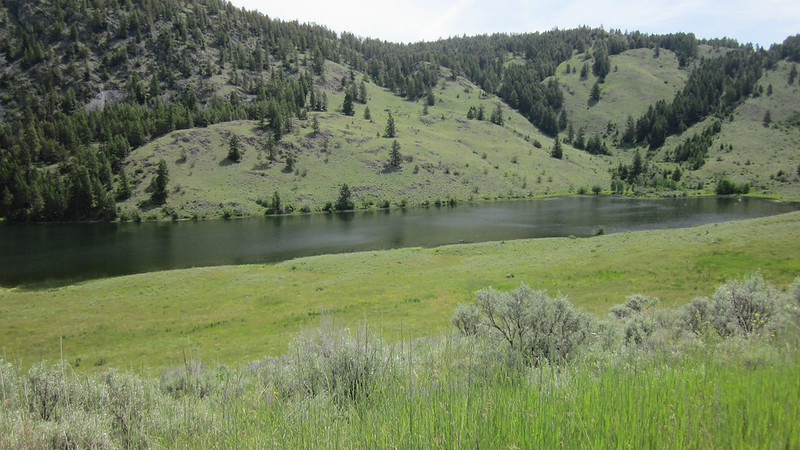
DNR Reopening Eastern Washington Lands To Hunting, Other Recreation
THE FOLLOWING IS A PRESS RELEASE FROM THE WASHINGTON DEPARTMENT OF NATURAL RESOURCES
The Washington State Department of Natural Resources (DNR) is reopening all recreation lands east of the Cascades to recreation beginning Friday, Sept. 18. Eastside recreation was initially closed on Sept. 8 due to critical wildfire danger. While fire danger overall has decreased slightly, it is extremely important to stay diligent when it comes to fire safety.

“We are optimistic the weather will continue to cooperate, allowing us to reopen eastside recreation areas closed due to extreme wildfire danger and the risk to the public as they enter those lands through wildfire-impacted roads and towns,” said Commissioner of Public Lands Hilary Franz, the elected official who oversees DNR. “I urge everyone to continue to follow all safety regulations, the statewide burn ban and target shooting ban, keeping in mind it only takes one spark to start a devastating wildfire.”


As firefighting resources continue to be stretched thin, DNR is focused on the prevention of new fire starts. A burn ban and shooting ban remain in place on all DNR-managed lands.
Other precautions to reduce human-caused fires include extinguishing campfires completely so they are cold to the touch, avoiding parking on dry grass, always checking chains when towing, and never using incendiary devices of any kind while recreating on forestlands.
“We still have a burn ban and target shooting ban to help mitigate fire starts,” said Leah Dobey, DNR’s Statewide Recreation Manager. “It is critically important all our visitors follow those guidelines so we can continue to keep our landscapes, our communities and our forests safe.”
The forecast shows a decreased risk of large fires and more moisture on the way statewide.

The majority of wildfires DNR responds to are presumed to be human-caused. This year the agency has already seen 110 fires started from recreation activities.
Hunters with concerns about their tags should contact the Washington Department of Fish and Wildlife. For a map of DNR-managed lands, click here.
